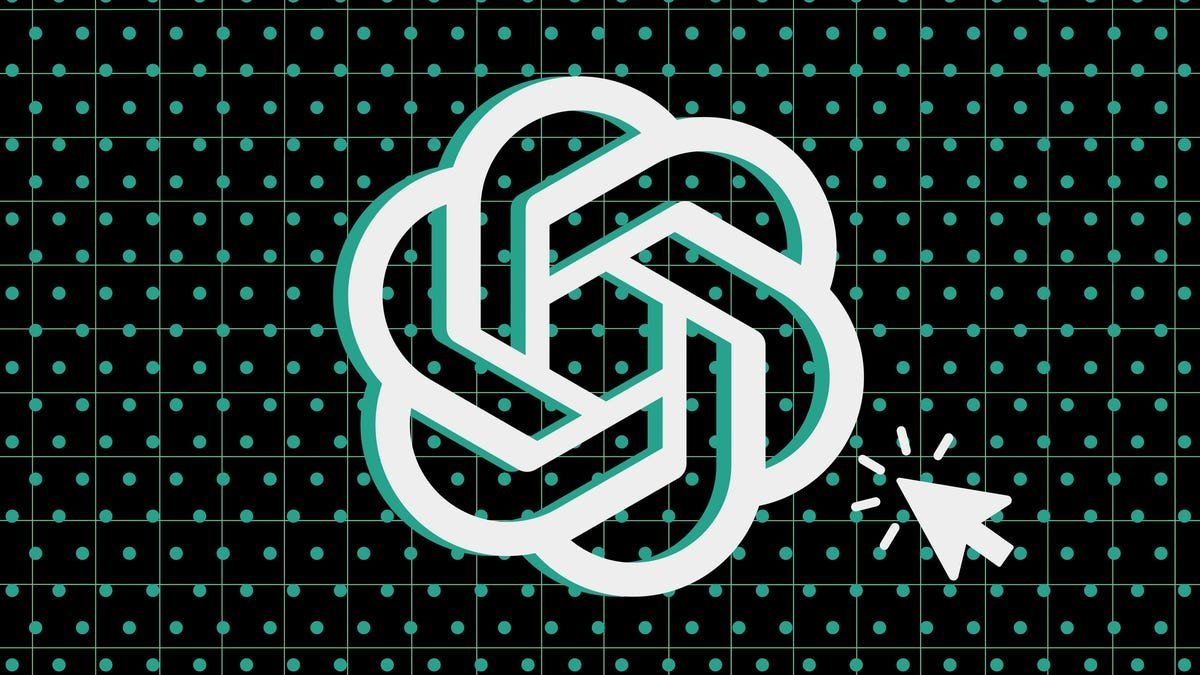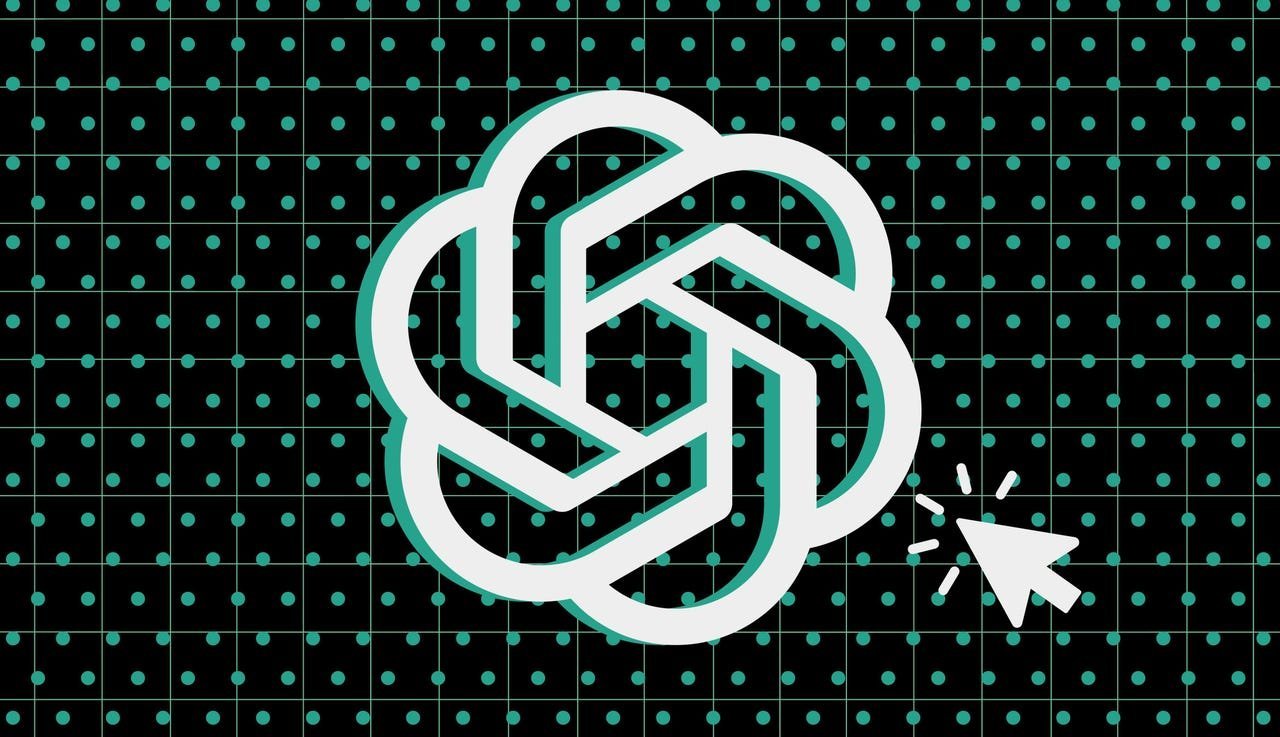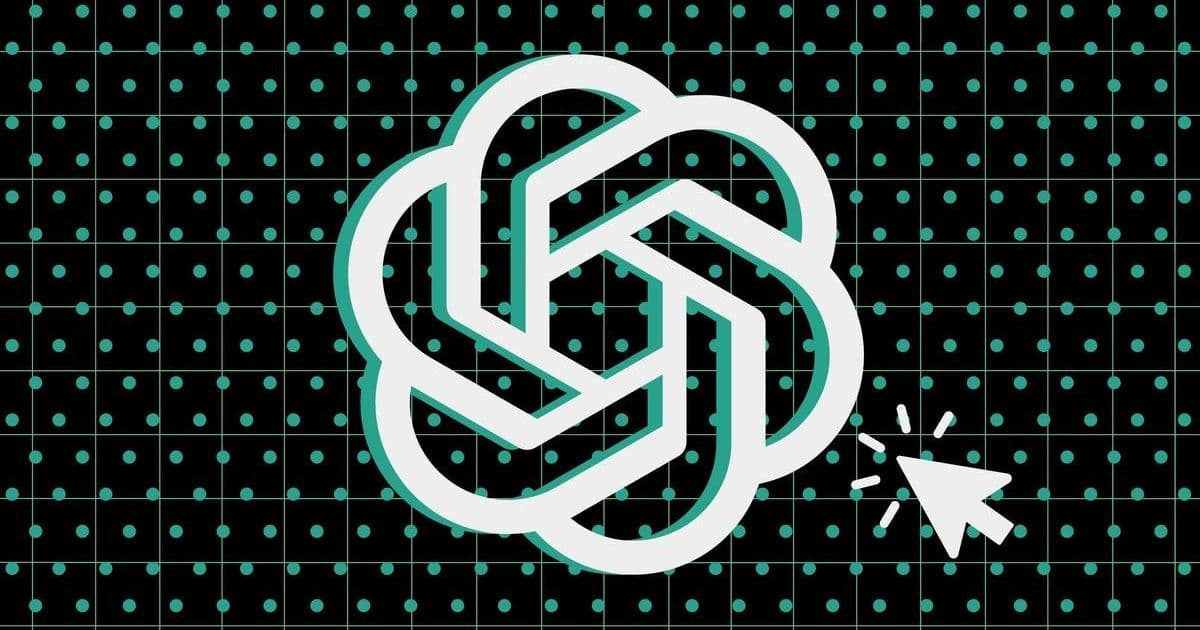Groundbreaking research reveals ChatGPT's signature vocabulary—words like 'delve,' 'intricate,' and 'surpass'—is rapidly infiltrating everyday speech. This unprecedented linguistic shift highlights AI's power to reshape communication patterns almost instantly, raising concerns about cognitive influence and the future of human expression.

You've likely encountered them in meetings, emails, or tech blogs: words like delve, intricate, and surpass appearing with newfound frequency. According to a semantic analysis by Florida State University, this isn't coincidence—it's ChatGPT's linguistic fingerprint seeping into human communication at unprecedented speed.
Researchers from FSU's Computational Linguistics, Computer Science, and Mathematics departments analyzed 22.1 million words from unscripted tech and science podcasts. By comparing language patterns before and after ChatGPT's 2022 launch, they identified a statistically significant surge in the model's characteristic vocabulary—including terms like garner, multifaceted, boast, meticulous, and strategically.
The AI-Human Feedback Loop
What makes this discovery remarkable is its directionality. While ChatGPT was trained on human-generated text, evidence now suggests the influence flows both ways:
- Contextual Clustering: These words appear disproportionately in formal/academic settings—unusual for organic colloquial adoption
- Synonym Suppression: Related terms (e.g., "examine" instead of "delve") show no parallel increase
- Velocity: Traditional language evolution occurs gradually; this shift materialized in under three years
"Language is the most powerful medium of communication humanity has. Understanding how AI affects it is fundamentally urgent," warns Bryce Anderson, FSU computer scientist and co-author.
Why Developers Should Care
This linguistic creep extends beyond semantics:
- Cognitive Influence: If AI shapes vocabulary, could it eventually reshape thought patterns or moral frameworks?
- Misinformation Vulnerability: Blind adoption of AI-generated language risks normalizing hallucinations or biases
- Tool Awareness: As Tom Juzek, Principal Investigator, notes: "Even the possibility that models put words or thoughts into our minds demands careful study"

The phenomenon underscores generative AI's cultural penetration—over half of adults under 50 now use ChatGPT—but also signals a pivotal moment for technologists. As language models become conversational partners, their lexical preferences risk becoming cognitive defaults. The challenge? Leveraging AI's capabilities while preserving human linguistic agency in an age where algorithms don't just process language—they actively reshape it.

Comments
Please log in or register to join the discussion